| The Authors
Bashir Ahmed Managing Partner Tel: +971 4 330 3900 Bashir is the managing partner of Afridi & Angell. He joined the firm in 1988 and became a partner in 1993. He advises clients on cross-border, general corporate and commercial, private equity, banking, licensing and maritime matters. Bashir is a member of the New York State Bar, the Lahore High Court Bar Association, and the International Bar Association. He holds an LLM from Punjab University Law College and a BA from Oxford University.
Saurbh Kothari Senior Associate saurbh@afridi-angell.com Tel: +971 4 330 3900 Saurbh joined Afridi & Angell in 2008 and is a senior associate in the corporate and commercial team. He advises both local and international clients on a broad range of corporate/commercial and employment matters. Saurbh is a member of the Bar Council of Rajasthan, India. He holds an LLM from the University of California, Berkeley and a BBA LLB from National Law University, Jodhpur, India. |
By Bashir Ahmed and Saurbh Kothari
On 13 August 2020, the Ruler of Dubai issued Law 9 of 2020 to regulate family ownership of common property in the Emirate of Dubai (the Law). The Law aims to establish a legal framework for family ownership of common property in Dubai and to facilitate its transmission among successive generations. This concept of undivided family assets introduced by the Law also exists in other jurisdictions.
There are many family run businesses in Dubai. These businesses have been in existence for many years and are often in the name of one or more senior family members even though other family members are beneficiaries of such businesses. This ownership of businesses and family assets in the name of a select few senior family members (without written agreement on ownership, management or succession) can create disputes between the family members, especially in case of the death of the owner of record of such assets.
The Law also aims to provide a legal framework for maintaining continuity of family ownership and avoiding division of businesses amongst family members to the detriment of the businesses and families.
Family Property
A family is defined under the Law to include the spouse, blood- relatives and lineage up to the fourth degree. Although the Law does not specifically mention that only UAE nationals can avail benefits under the Law, the Law has primarily been enacted for the benefit of UAE nationals. However, nationals of other countries and of any religion are not excluded from the Law.
The Law permits family members who have a common property to classify such common property as a family property. A family property may be contributed by any member of the family. The term family property in not restricted to real estate and can include shares/interest in companies (except public shareholding companies), assets in individual establishments, movable and immovable properties and other intellectual property.
Family Property Contract
A family property may be created, regulated and managed by a family property contract entered into between family members. Property subject to a family property contract shall be treated as common property of the family members. A family property contract is the fundamental document governing the family property and must be drafted carefully to avoid any ambiguity. It must meet the following conditions:
- the parties (also referred as partners) to a family property contract must be members of one family;
- the parties must have one business or common interest;
- the share and interest of each party must be identified in the family property contract;
- each property (which is part of the family property) must be owned by one or more persons who has the right to transfer the property;
- the contract must be signed by all the parties in the presence of a UAE notary public; and
- must not violate public
Amendment to a Family Property Contract
Any amendment to a family property contract requires the consent of persons holding at least 75 per cent of the family property. The family property contract may provide for a higher approval threshold.
Term of a Family Property Contract
The term of a family property contract can be a maximum of 15 years. The term may be renewed by unanimous consent of the partners provided that each such renewed term does not exceed 15 years.
Note that for renewal of any term, unanimous consent of the partners is required. A single partner (irrespective of the share of such a partner in the family property) can therefore withhold the renewal of a family property contract.
If partners fail to agree to a term for renewal of a family property contract, any partner may, by giving six months’ notice, apply to a committee (to be established pursuant to the Law to settle disputes arising out of a family property contract) for permission to take his shares out of the family property.
Management of Family Property
The family property is to be managed by one or more managers appointed by partners holding two thirds of the family property. The number of managers must be an odd number. The manager(s) can be a partner or a third party including a corporate entity.
A family property contract can also provide for formation of a board of directors to supervise the manager(s). The rules and regulations regarding appointment, governance and powers of board of directors may be included in the family property contract.
The manager(s) shall have general powers to manage the family property including but not limited to distribute profits to the partners, represent the family property before third parties and such other responsibilities and powers as may be specified in a family property contract.
The manager(s) can be held liable and be required to indemnify the partners for any losses caused due to his negligence or breach.
Partner’s Transfer of Shares in a Family Property
If a partner wishes to transfer his shares in a family property, he must offer such shares to the other partners in proportion to their shares. However, if such a transfer by a partner is an assignment of his shares to his spouse or any of his first-degree relatives or any specific partner, the partner transferring the shares is not obligated to offer the same to the other partners, unless otherwise agreed in the family property contract.
Additionally, a partner may transfer his/her shares to third parties (other than the partners) or impose a right in kind in favour of third parties, provided that he has the consent of partners holding at least 51 per cent of the family property. Although not expressly stated by the Law, such third parties must presumably be other family members who are eligible to be partners in the family property.
In case none of the partners are interested in purchasing the shares of a partner or an heir or the partners do not agree to a transfer to a third party, the affected partner or heir may approach the committee (discussed earlier) which may permit the transfer to a third party provided that (i) there is a strong justification for transfer of shares to a third party; and (ii) such transfer will not affect the continuity of the family property.
Acceptance by Government Authorities
The Law should bring order in the management and succession of family property and businesses in the Emirate of Dubai. All government authorities in Dubai are required to take appropriate steps (such as preparation and maintenance of commercial and real estate registers) to ensure acceptance and enforcement of the Law. It will be interesting to see how other Emirates will recognise a Dubai family property contract.
The Law is an effort to simplify succession issues and to prevent major family assets from being sold to generate liquidity for distribution among heirs upon the death of a patriarch. ■
| Afridi & Angell
Founded in 1975, Afridi & Angell is a full-service UAE law firm in its fifth decade at the forefront of the legal community. From the beginning, our hallmarks have been a commitment to quality, unsurpassed knowledge of the law and the legal environment, and crafting of innovative business solutions. Licensed in the three largest Emirates of Abu Dhabi, Dubai and Sharjah as well as the Dubai International Financial Centre, our practice areas include banking and finance; corporate and commercial law; arbitration and litigation; construction; real estate; infrastructure projects; energy; project finance; maritime (wet and dry); and employment. We advise local, regional and global clients ranging in size and sophistication from start-ups, sole proprietorships, family-owned businesses, entrepreneurs and investors to some of the world’s largest public and private companies, governments and quasi- government institutions. We attract and retain clients with our dedication to practical guidance focused on their business needs supported by decades of experience here in our home jurisdiction, the UAE. Afridi & Angell is the exclusive member firm in the UAE of top legal networks and associations, most notably Lex Mundi, the world’s leading network of independent law firms, and World Services Group. |
| Afridi & Angell’s inBrief provides a brief overview and commentary on recent legal announcements and developments. Comments and opinions contained herein are general information only. They should not be regarded or relied upon as legal advice.
© 2020, Afridi & Angell |




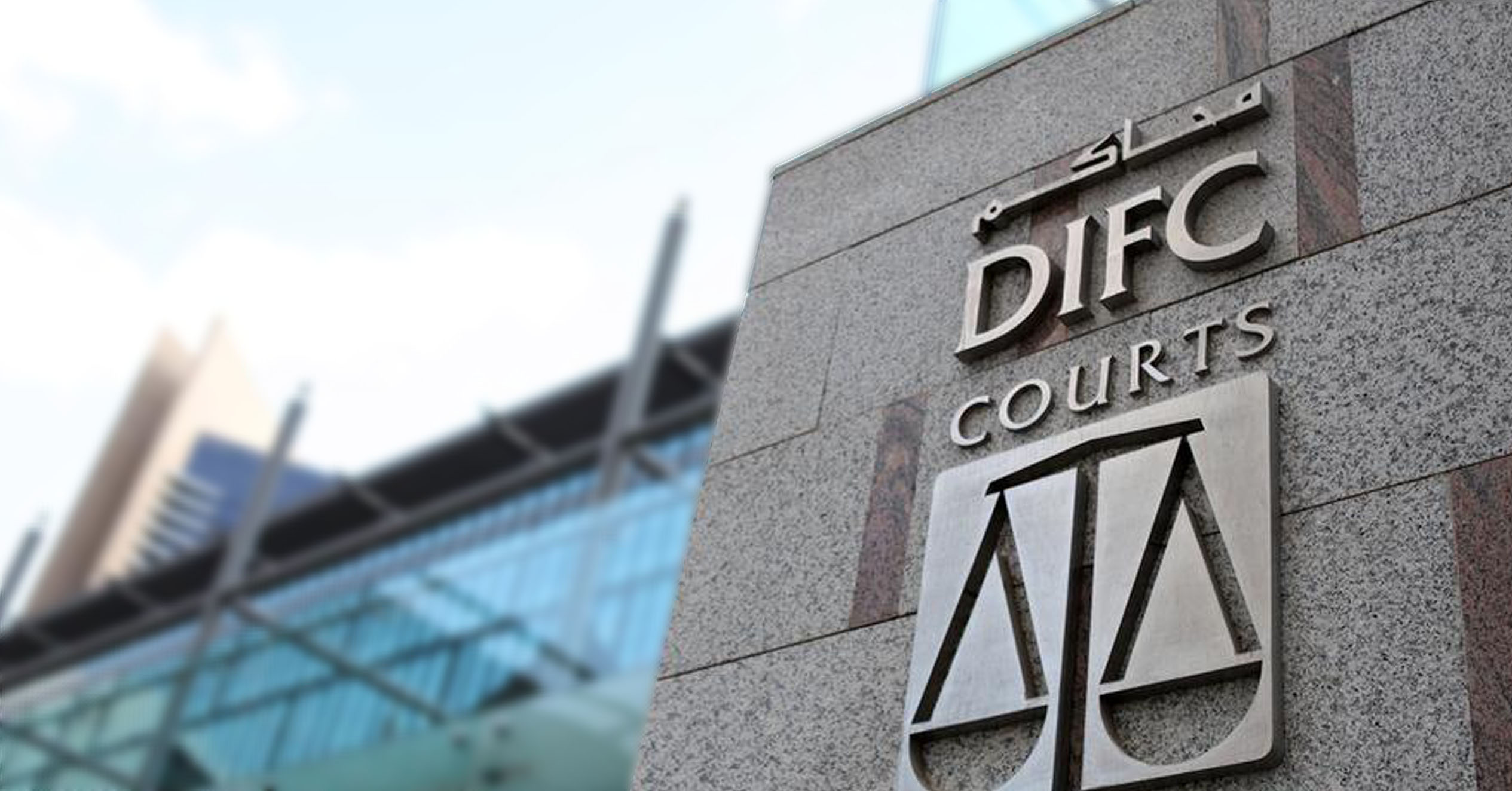


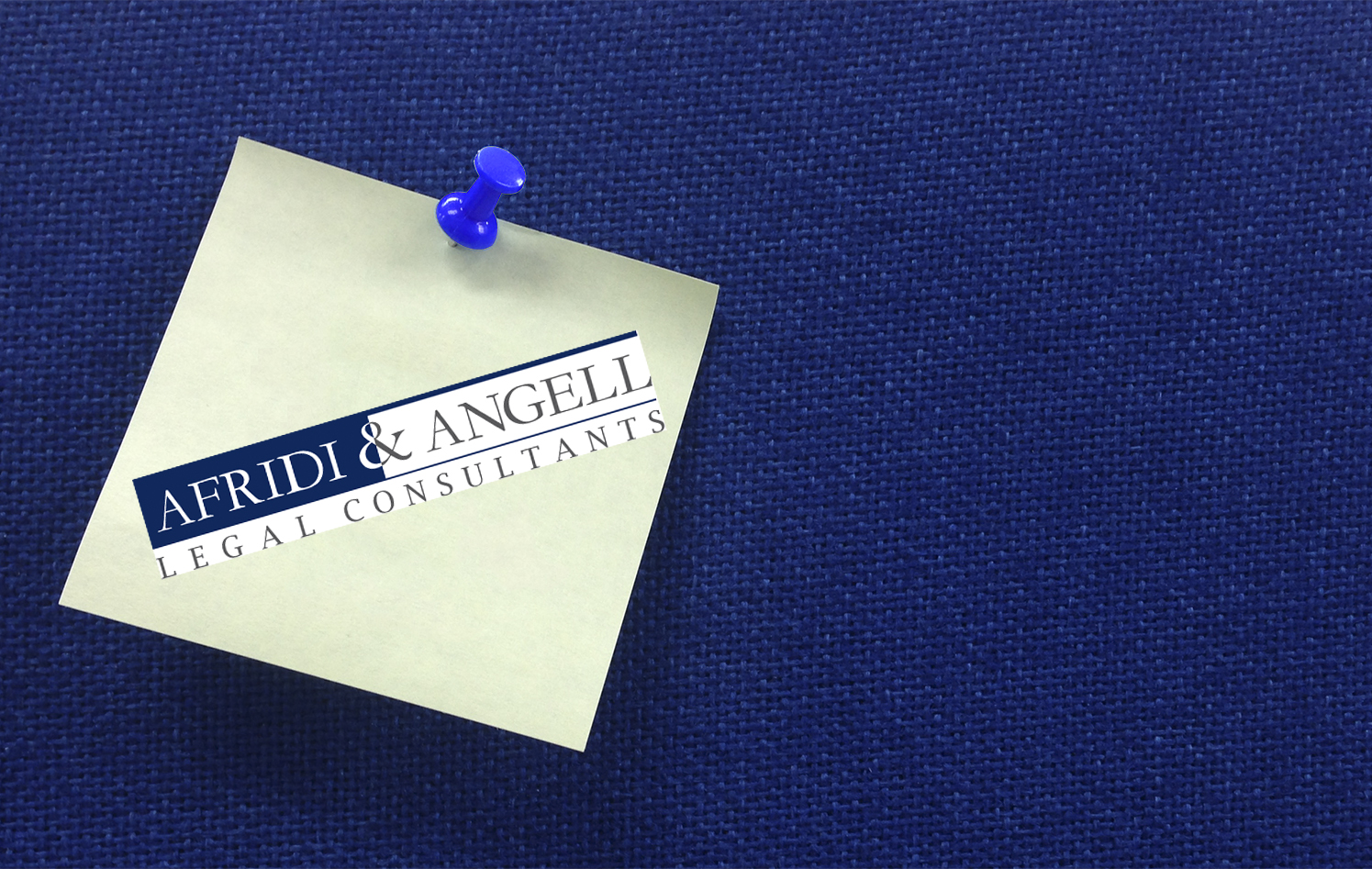



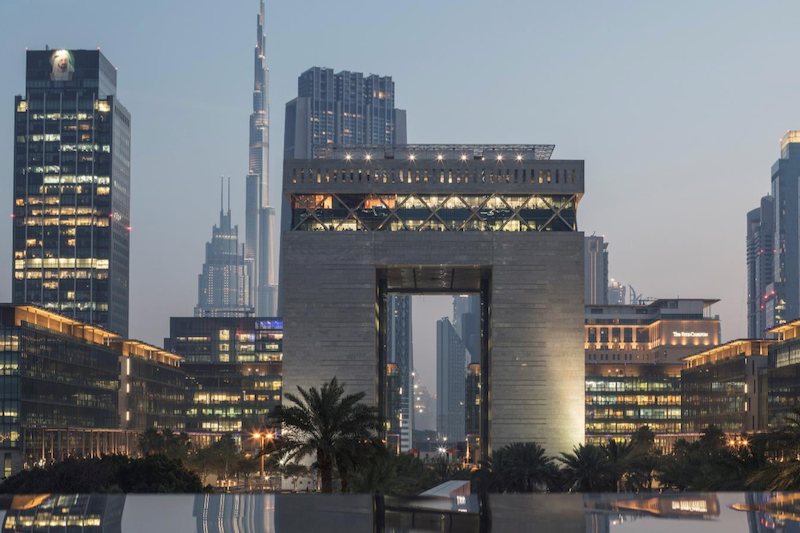

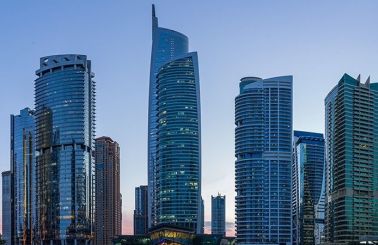

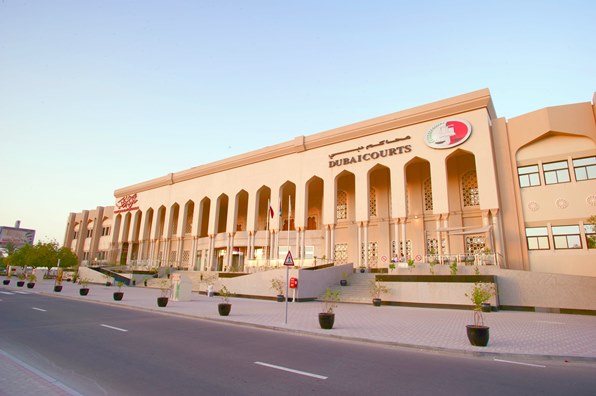









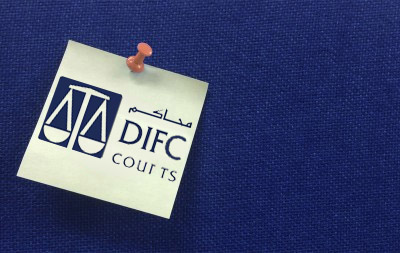
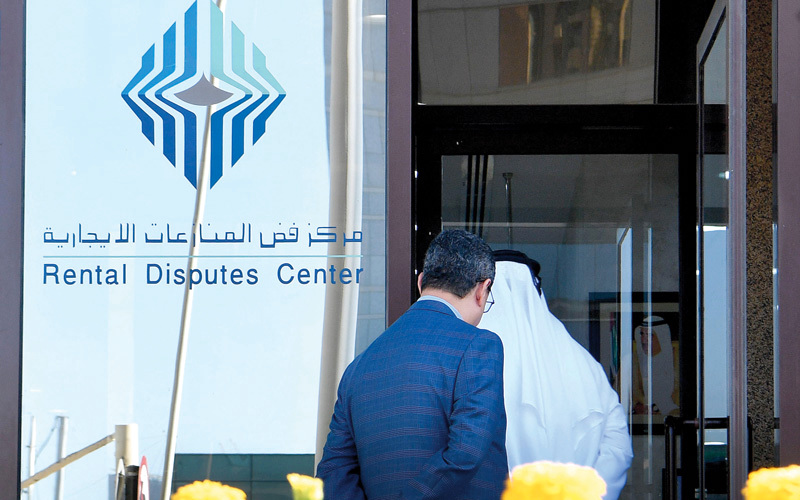
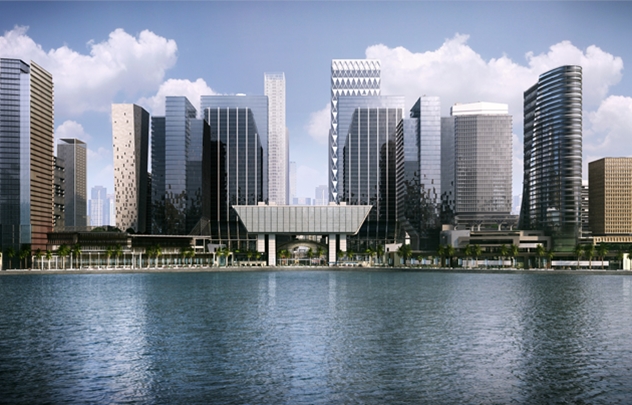











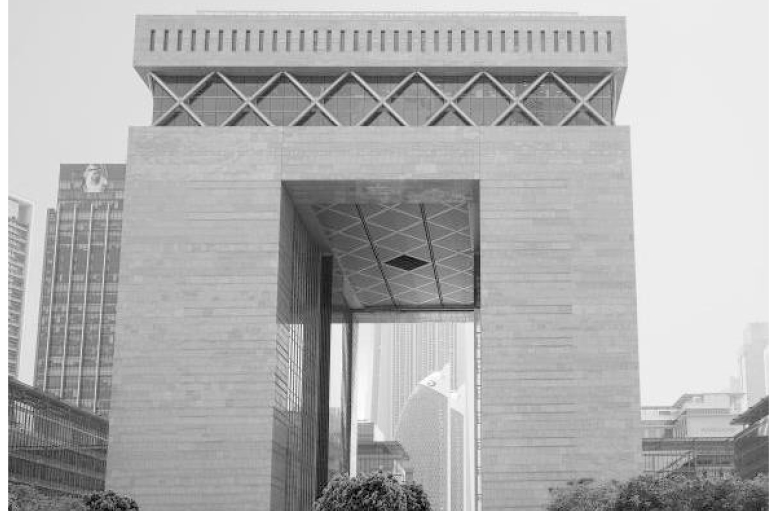






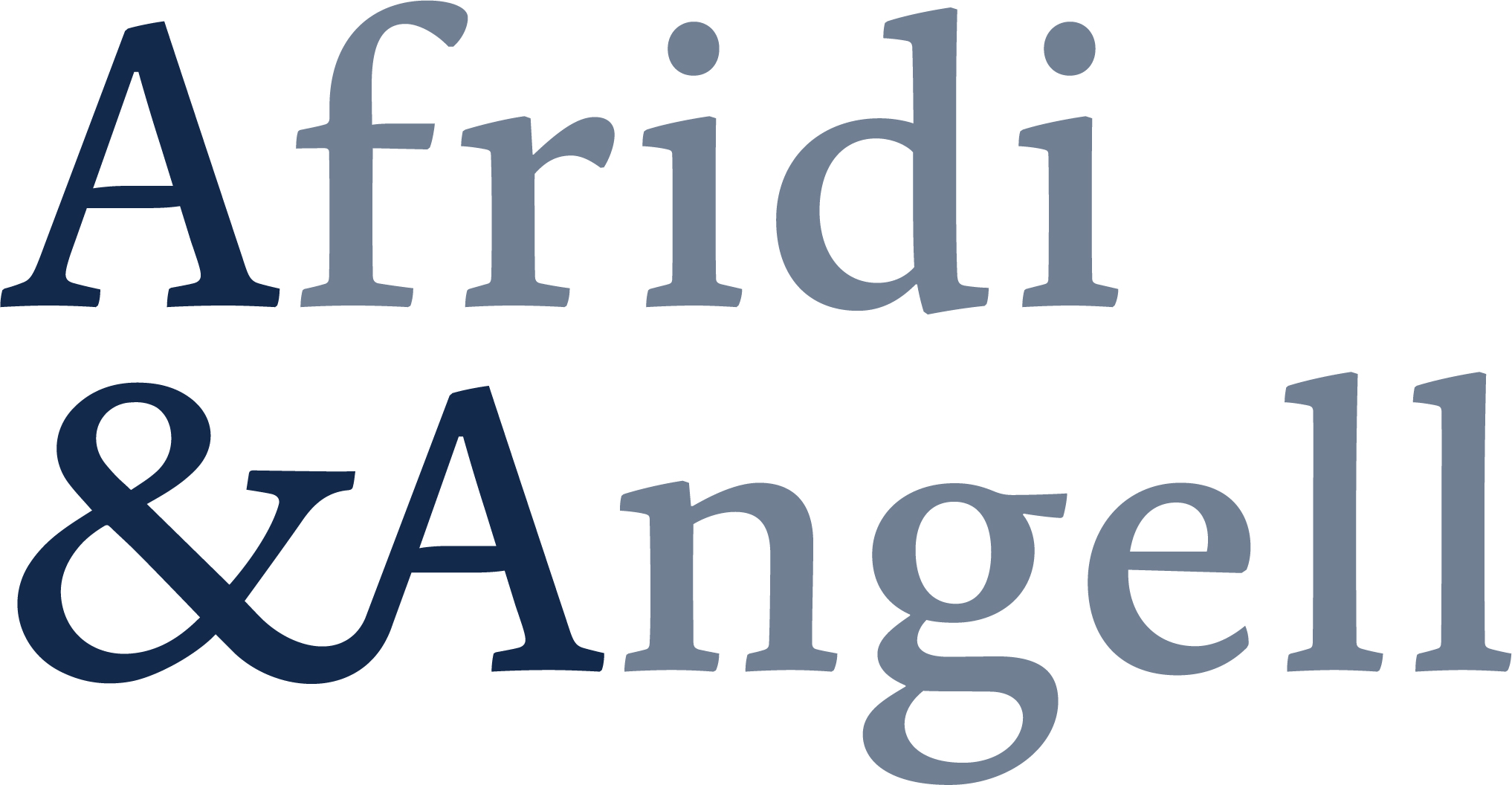 Afridi & Angell
Afridi & Angell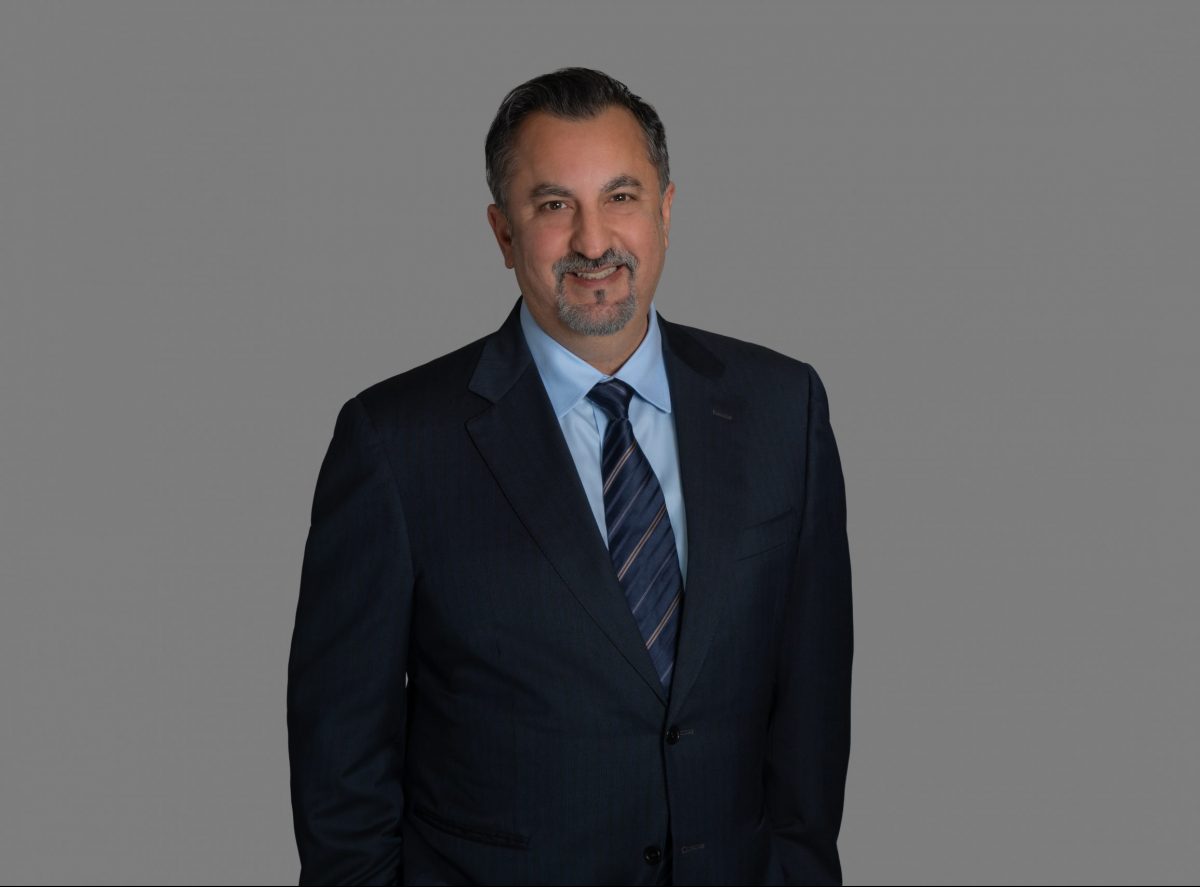 Masood Afridi
Masood Afridi Amjad Ali Khan
Amjad Ali Khan







